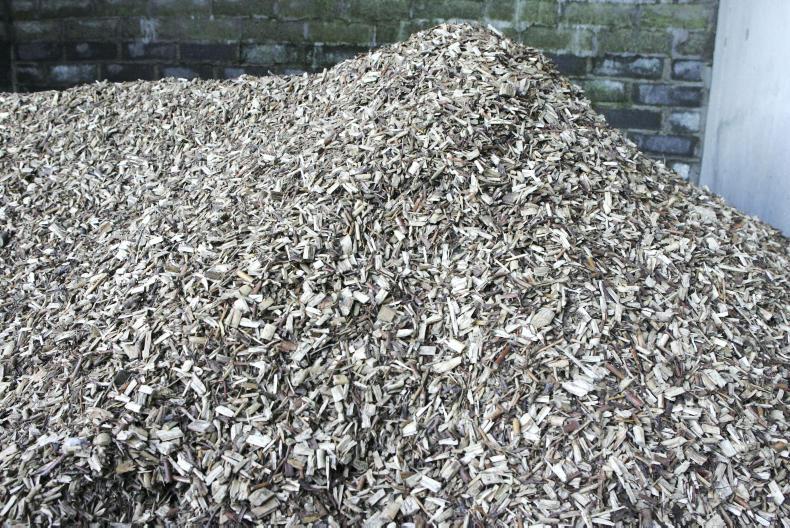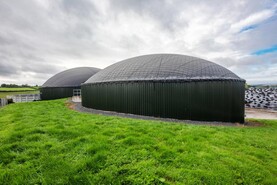Several participants in the IrBEA workshop on renewable heat urged farmers to form co-ops to handle biomass such as boiler fuels from forestry and energy crops or feedstocks for anaerobic digestion (AD).
Teagasc’s Barry Caslin said demand for the materials was set to boom between heat users supported by the SSRH and power stations under pressure to stop using peat and coal.
“Transporting biomass long distances doesn’t make sense from a sustainability perspective, and you can grow it very easily locally,” said Caslin. “It could be a co-op system where farmers come together.” Biomass trading centres would also create employment in rural Ireland, he added.
In the AD sector, the high water content of feedstocks such as slurry also means that long-distance transport is not an option. “You’re transporting dead weight,” said AD expert Lalitha Gottumukkala from Celignis labs. “It should be used locally, it could be in co-ops with community digesters.
Unless local supply chains are established, buyers may turn to imports. An ESB representative said the electricity utility expected to have to import biomass for several years once it converts power stations because of insufficient supply in Ireland.
Read more
Energy crops and wood fuels cheaper than oil
Quinns has biogas plans
Calls for energy crops grant to be restored
Several participants in the IrBEA workshop on renewable heat urged farmers to form co-ops to handle biomass such as boiler fuels from forestry and energy crops or feedstocks for anaerobic digestion (AD).
Teagasc’s Barry Caslin said demand for the materials was set to boom between heat users supported by the SSRH and power stations under pressure to stop using peat and coal.
“Transporting biomass long distances doesn’t make sense from a sustainability perspective, and you can grow it very easily locally,” said Caslin. “It could be a co-op system where farmers come together.” Biomass trading centres would also create employment in rural Ireland, he added.
In the AD sector, the high water content of feedstocks such as slurry also means that long-distance transport is not an option. “You’re transporting dead weight,” said AD expert Lalitha Gottumukkala from Celignis labs. “It should be used locally, it could be in co-ops with community digesters.
Unless local supply chains are established, buyers may turn to imports. An ESB representative said the electricity utility expected to have to import biomass for several years once it converts power stations because of insufficient supply in Ireland.
Read more
Energy crops and wood fuels cheaper than oil
Quinns has biogas plans
Calls for energy crops grant to be restored






 This is a subscriber-only article
This is a subscriber-only article









SHARING OPTIONS: